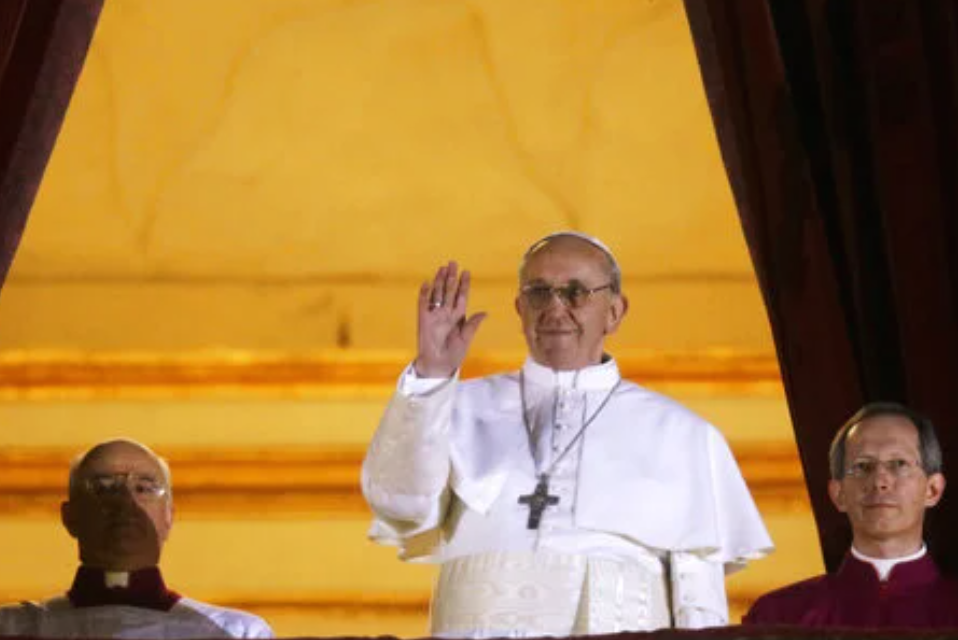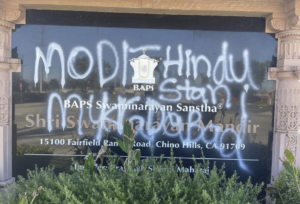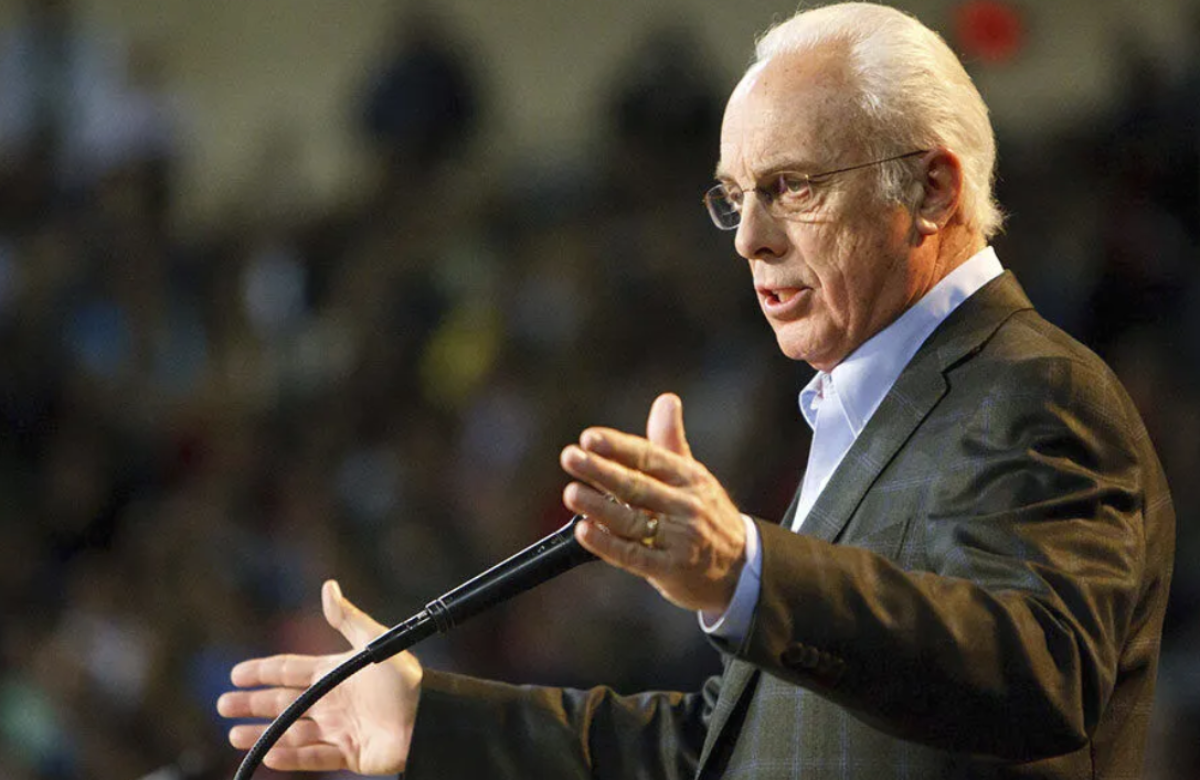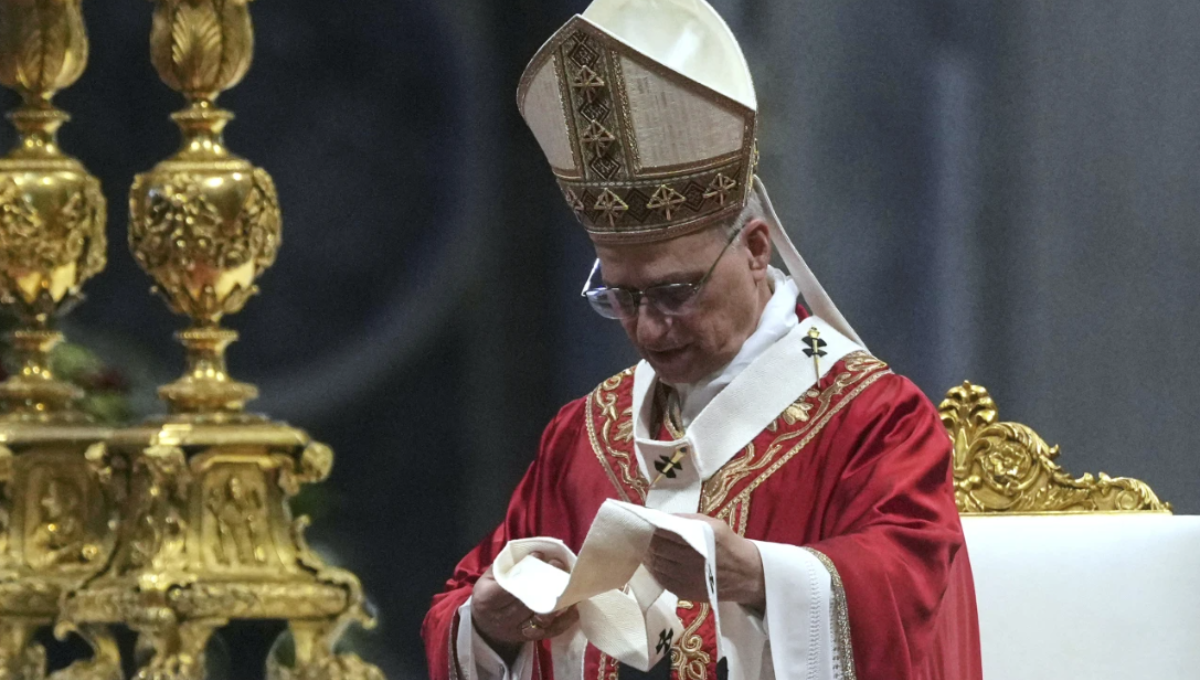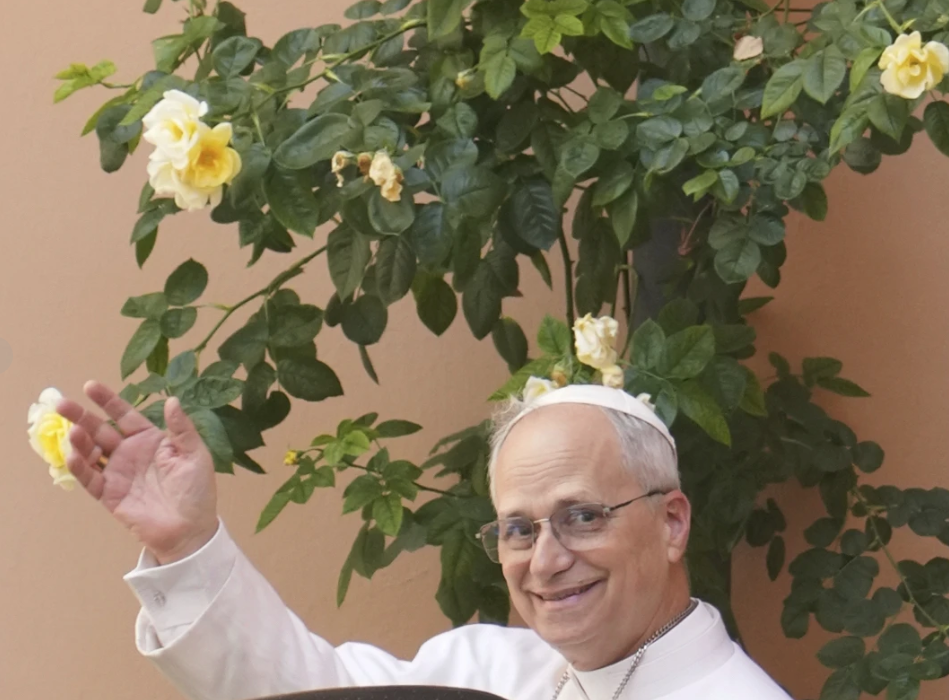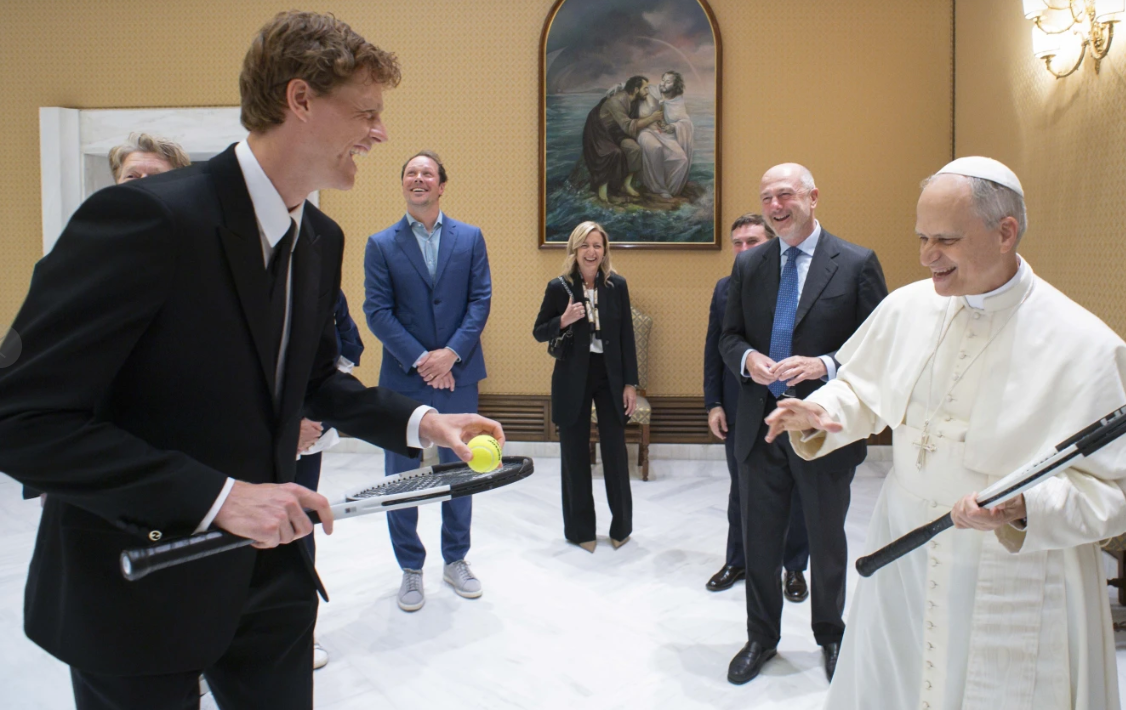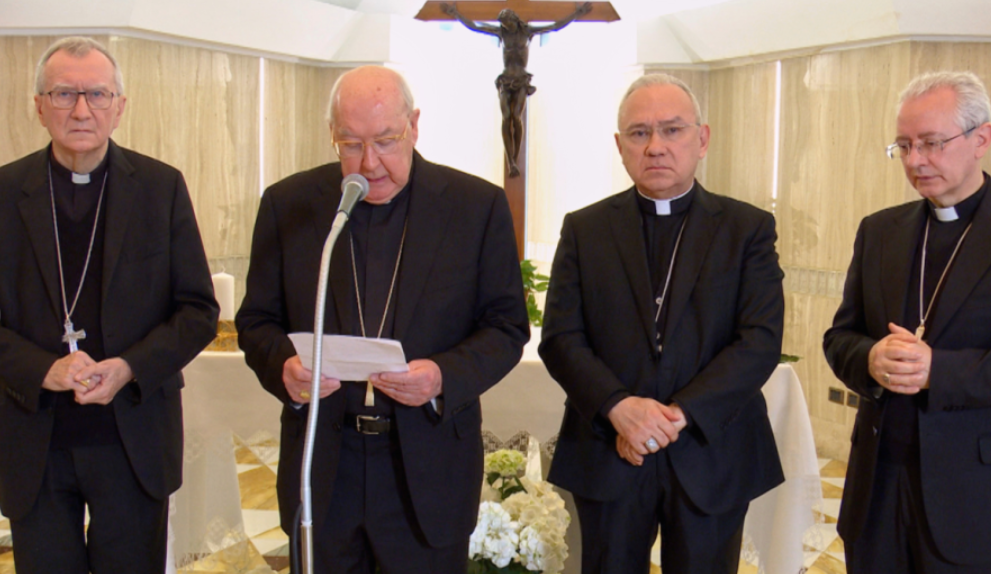Jorge Mario Bergoglio was born on December 17, 1936, in Buenos Aires, Argentina. He was the eldest of five children born to Italian immigrants—his father, Mario Jose Bergoglio, worked as an accountant, and his mother, Regina María Sívori, was the daughter of Italian settlers.
He was ordained as a Jesuit priest on December 13, 1969, eventually becoming the order’s provincial superior in Argentina during the country’s brutal military dictatorship in the 1970s.
On May 20, 1992, Bergoglio was appointed auxiliary bishop of Buenos Aires. Six years later, in 1998, he succeeded Cardinal Antonio Quarracino as archbishop of the capital. He was elevated to cardinal by Pope John Paul II on February 21, 2001.
In May 2007, Bergoglio played a key role in drafting a major document at the Latin American bishops’ conference in Brazil. This text outlined many of the social and spiritual concerns that would later shape his papacy—emphasizing the importance of aiding the poor, defending Indigenous rights, and caring for the environment.
On March 13, 2013, history was made when Bergoglio was elected as the 266th pope. He became the first pope from the Americas, the first Jesuit, and the first to choose the name Francis, honoring St. Francis of Assisi.
Just a month later, he formed a global advisory council of cardinals to help reform the Vatican’s governance. On May 12, 2013, he canonized the Martyrs of Otranto—813 Italians killed in 1480 for refusing to convert to Islam—nearly doubling the number of saints canonized by Pope John Paul II in one ceremony.
In July 2013, Francis made his first trip outside Rome to Lampedusa, where he denounced global indifference toward migrants. Later that month, when asked about gay priests, he famously responded, “Who am I to judge?”
He outlined his vision for the Church in Evangelii Gaudium (“The Joy of the Gospel”) in November 2013, calling for a Church that reaches out to the marginalized and criticizes global economic systems that exclude the poor.
During his visit to the Holy Land in 2014, Francis made an impromptu stop at the wall separating Israel from the West Bank and later hosted peace prayers with the Israeli and Palestinian presidents at the Vatican.
In 2015, he issued Laudato Si, an encyclical on the environment that called for sweeping changes to address ecological destruction and social inequality. That same year, he apologized in Bolivia for colonial-era crimes committed against Indigenous peoples, reformed the annulment process, and delivered a powerful address to the U.S. Congress, urging action on climate change and poverty.
Throughout his papacy, Francis prioritized mercy, symbolically opening the Jubilee of Mercy in Bangui, Central African Republic, instead of Rome. He also made history by meeting the Russian Orthodox Patriarch in 2016—an encounter that had not occurred in over a millennium.
He continued advocating for migrants, visiting the U.S.-Mexico border and a refugee camp in Greece, even bringing 12 Syrian Muslims back to Rome with him. He opened up new pathways for divorced and remarried Catholics to receive communion through his apostolic letter Amoris Laetitia.
Francis faced criticism over his handling of clerical sexual abuse cases, notably during a controversial visit to Chile in 2018. After initially defending a bishop accused of covering up abuse, he later acknowledged serious errors and invited victims to the Vatican. He accepted the resignations of many Chilean bishops and took decisive action against abusive clergy, including defrocking Cardinal Theodore McCarrick in 2019.
In a major shift, Francis declared capital punishment “inadmissible” in all circumstances. He signed a historic agreement with China on bishop appointments and continued emphasizing interfaith dialogue, notably with Muslim leaders.
He denounced nuclear weapons, abolished the pontifical secret in abuse cases, and implemented new reporting requirements for abuse within the Church. During the pandemic, he delivered a haunting, solitary blessing from St. Peter’s Square in March 2020.
Francis continued to push for reform, issuing Fratelli Tutti in October 2020, criticizing unregulated capitalism and calling for solidarity. His trip to Iraq in 2021 marked the first-ever papal visit to the country and featured a meeting with its top Shiite cleric.
Health issues began to intensify. In July 2021, he had intestinal surgery, and in early 2023, was hospitalized multiple times with respiratory problems. Despite declining strength, he presided over Pope Benedict XVI’s funeral in January 2023 and continued making public appearances and statements, including affirming that “being homosexual is not a crime.”
In late 2023 and into 2024, he faced increased physical challenges, canceling a trip to Dubai due to bronchitis and later appearing in public with injuries from multiple falls. He still kept up with his duties, opening a Holy Door in a prison and excommunicating Archbishop Carlo Maria Vigano for schism.
He drew massive crowds, like the 600,000 people who attended his Mass in East Timor, and remained a symbol of humility and compassion. On April 17, 2025, too weak to wash feet as per tradition, he still visited inmates for Holy Thursday.
Just three days later, on Easter Sunday, Francis gave his final public blessing from St. Peter’s Basilica. In a surprise farewell, he rode the popemobile around the square, waving to thousands in what became his final goodbye.
On April 21, 2025, at 7:35 a.m., Pope Francis passed away at his residence in the Domus Santa Marta hotel, ending a papacy defined by compassion, reform, and a deep concern for the poor and marginalized.
